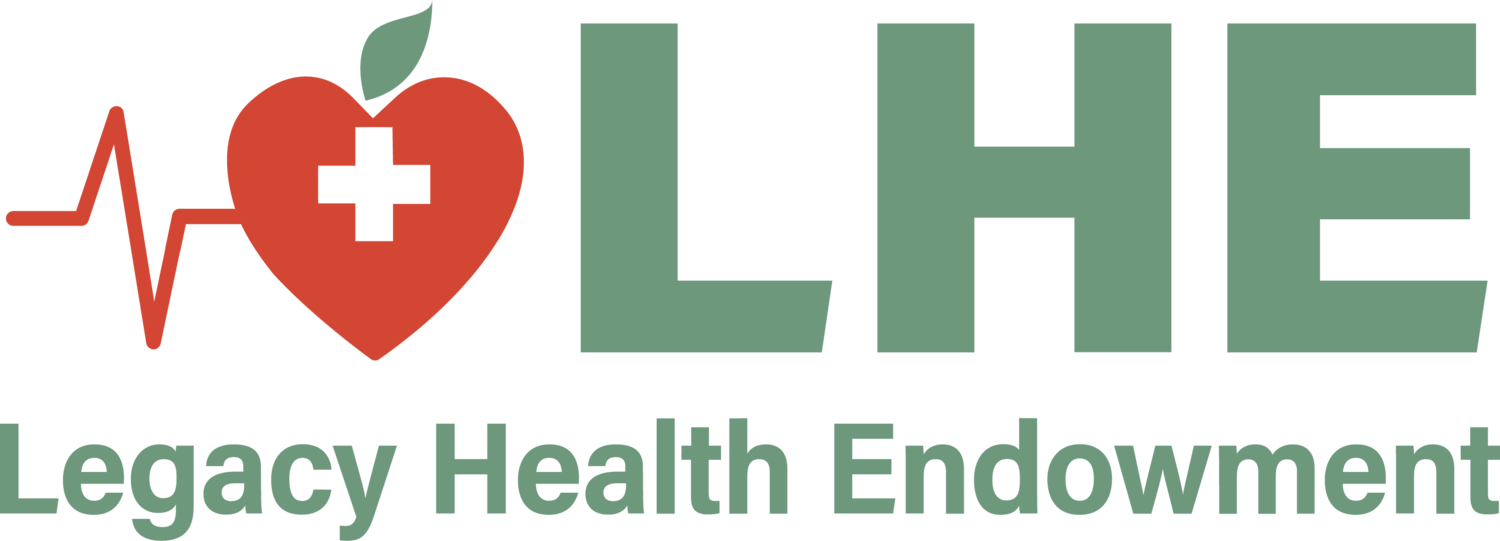Autism diagnosis and treatments are less accessible to low-income families
Legacy Health Endowment partners with Stanford professor Dr. Nirav R. Shah, MD, Stanford scholar Dr. Venus Wong, Ph.D., to better understand the obstacles families face in Merced and Stanislaus Counties.
For many Stanislaus and Merced County families, paying the rent and keeping food on the table is enough to incur significant stress and strain. Now imagine what can happen when a struggling family has a child with autism. Without early intervention and outside support, autism can tear a family apart and leave the autistic child with debilitating behavioral problems, ruining chances of adult independence.
Accessibility to quality autism care differs based on one’s skin color, language spoken, and family income. For instance, it is known that many families and people on the spectrum experience diagnostic delay. The average age of diagnosis remains between age 4 and 7 years old. However, the delay in diagnosis is more prominent among children from lower-income, ethnic/racial minority, and rural backgrounds. Studies have found that White children and those of higher socioeconomic status are more likely to be both identified and diagnosed with Autism Spectrum Disorder (ASD) earlier compared to Black, Latinx, and Asian children, as well as children from low-income families.
While autism impacts a child and parents’ lives, we have an opportunity to challenge the status quo and improve the lives of these families. Over the past 12 months, Legacy Health Endowment has been working with Stanford professor Nirav R. Shah, MD, and Stanford scholar Venus Wong, PhD, to create a report to better understand the obstacles families face in obtaining needed care for a child determined to be on the autism spectrum in Merced and Stanislaus Counties.
The prevalence rate of autism spectrum disorder has been increasing rapidly. In the 2000s, 1 in 150 children was identified with autism. Twenty years later, in 2020s, this number has risen to 1 in 44 children. Today, it is estimated that more than 1.6 million children in the United States live with some form of autism. Families across the California Central Valley have witnessed the rise in diagnosed cases of autism.
“What we learned in the Central Valley reflects the experience of much of America: good people trying to help families who don’t have a ‘map’ to high quality care,” said Dr. Shah. “This report represents perhaps a compass, if not a map… pointing toward the first steps to designing a high-quality system of care that is equitable, accessible, and family-centered.”
Evidence has shown that systems of autism care are fragmented, and children with ASD are four times more likely to experience unmet health care needs than children without disabilities. Some commonly reported challenges include delayed diagnosis, insufficient care coordination, long waitlists for therapy, disparities in accessing school-based support via an Individualized Education Program, and a lack of support for transition-age adolescents and adults. Legacy Health Endowment's goal is to build an evaluation tool to help improve the work of all autism providers in Stanislaus and Merced Counties and help parents understand how to get the best possible care for their child. We can use our two counties as a model for California and the nation.
“Findings from this report indicate that younger children with ASD from minority backgrounds might be particularly vulnerable to the effects of poverty and hardship,” said Jeffrey Lewis, CEO of the Legacy Health Endowment and EMC Health Foundation. "Access to healthcare services, education, and social care is inadequate for many autistic individuals, resulting in families having to assume the role of primary caregiver. Meeting the varied and complex needs of autistic children, adolescents, and adults can be challenging. Our ultimate goal is to provide parents and caregivers the tools and information to know what providers are considered best in class, why and why not. More work is needed to better support people and families with autism who experience challenges. We can do better. Working across disciplines and society, we can lead the way."
As a society, we are long overdue in helping parents find the best care and support for a child on the autism spectrum. The need is great, and the time for action is now.
If you have any questions, please feel free to email jeffrey@legacyhealthendowment.org
Jeffrey Lewis is the President and CEO of Legacy Health Endowment and the EMC Health Foundation.
About Legacy Health Endowment
Legacy Health Endowment is a nonprofit healthcare grant-making foundation that works solely within Merced and Stanislaus counties in California's Central Valley. LHE is not a hospital or healthcare services provider www.legacyhealthendowment.org

